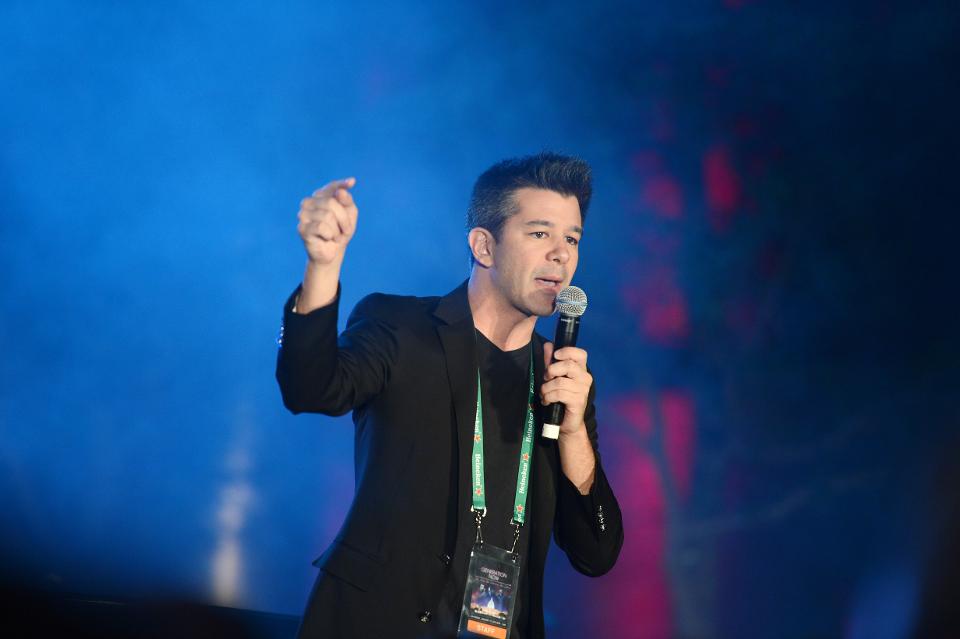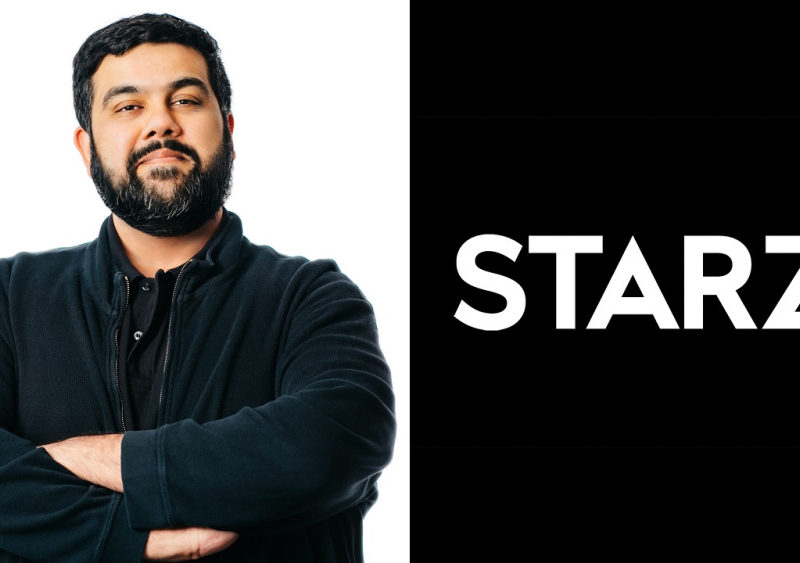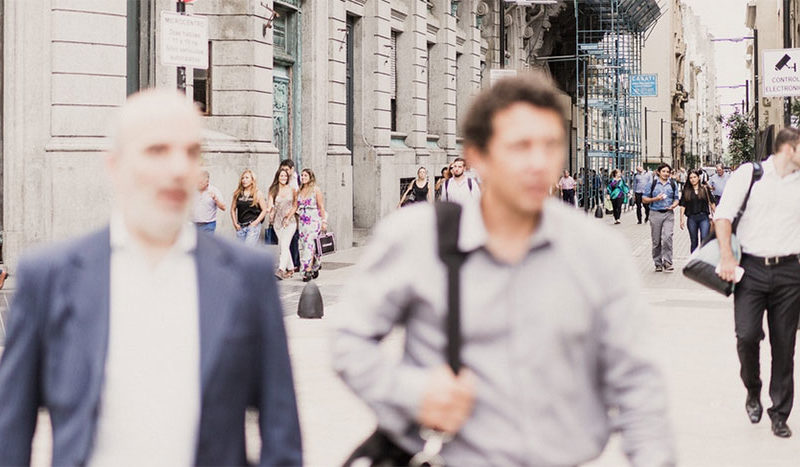
S.O.S. Time For CEOs: Why Are Some Allowed To Stay And Others Forced To Go?
S.O.S. Time For CEOs: Why Are Some Allowed To Stay And Others Forced To Go? https://csuiteold.c-suitenetwork.com/wp-content/uploads/2017/06/s-o-s-time-for-ceos-why-are-some-allowed-to-stay-and-others-forced-to-go-1.jpg 960 639 C-Suite Network https://csuiteold.c-suitenetwork.com/wp-content/uploads/2017/06/s-o-s-time-for-ceos-why-are-some-allowed-to-stay-and-others-forced-to-go-1.jpg
With the news of Travis Kalanick stepping down as CEO of Uberafter what seemed to be a dramatic meeting with investors, the world is watching to see how this news not only affects the company and tech industry as a whole, but also what it means for overall tolerance of how long CEOs can stay in power when it appears they have fallen on their sword.
It is no secret that CEO tenures are getting shorter and shorter. It seems that almost every day a well-known CEO is being shown the door or is quietly “taking a break”. Mark Fields of Ford, Jeff Immelt at GE, Mario Longhi of US Steel are just a few recent examples, all within a few weeks of each other. Rumors are also building that Avon CEO Sheri McCoy will “retire” early after years of struggling to get the cosmetics company on track. Elsewhere, Jack Dorsey, Twitter CEO, continues to face pressure to step down following a bot scandal and lack of user growth.
Of course, CEOs are under continuous pressure throughout their tenures – it’s part of the job description. But in recent months, it seems there is less and less tolerance among shareholders, activist investors, customers and partners, and even the media, to give under-performing, or mis-stepping CEOs time to rebound. But why do some CEOs weather the storm while others are grounded or bumped from the cockpit? When does the responsibility for bad actions end with the CEO exiting, along with other departures in the C-suite?
While the Uber story continues to play out, it’s interesting to contrast it with another controversial example: theUnited Airlinesalleged abuse of a passenger. Both the Uber and United episodes involved emotional and/or physical mistreatment. Both went viral and stoked public outcry. Both were in the news for weeks. But the endings were vastly different.
The United case was one of the biggest corporate firestorms this year. With more than 100 million views of the incident within hours of its posting, outrage spanned all the way to China, where a day later it garnered more than 550 million views and more than 240,000 comments on Weibo (China’s version of Twitter.) The passenger, who refused to leave his seat after he was randomly selected to de-board an overbooked flight, was violently dragged off the plane by the police, to the shock of onlooking passengers. The passenger suffered a concussion and lost teeth.
Subscribe Now: Forbes Entrepreneurs & Small Business Newsletters
All the trials and triumphs of building a business – delivered to your inbox.
United CEO Oscar Munoz was highly criticized for not immediately issuing an apology (he eventually did…three days later), and calls for his resignation started almost immediately.
United has since revised its customer service policy changes, including limiting the use of law enforcement, increasing compensation incentives for volunteers giving up their seats, and reducing the amount of overbooking. But why wasn’t Munoz forced out after this very high-profile incident?
It may have something to do with Munoz’s own leadership style, which is low-key, focused, predictable. He came from humble, blue-collar roots, making him relatable to many. He had returned to work early following a heart transplant. Munoz signed new contracts with contentious labor unions, and even recently hired the company’s “first chief storyteller.” He also invited Fortune to follow him around, resulting in a profile in which he sounded nothing like the stereotypical corporate CEO. And he had also recently been named PR Week’s“Communicator of the Year,” for rehabilitating the image of an airline once tangled in multiple image crises.
Yes, the passenger Dr. David Dao was mistreated horribly on a United plane. And Munoz’s initial comments minimizing the matter were defensive and off base. But he made significant changes to the airline’s policy to prevent this from happening again. All of…






